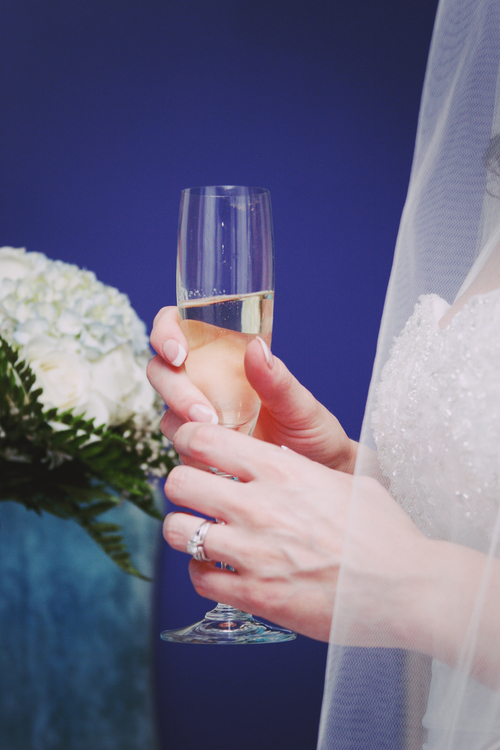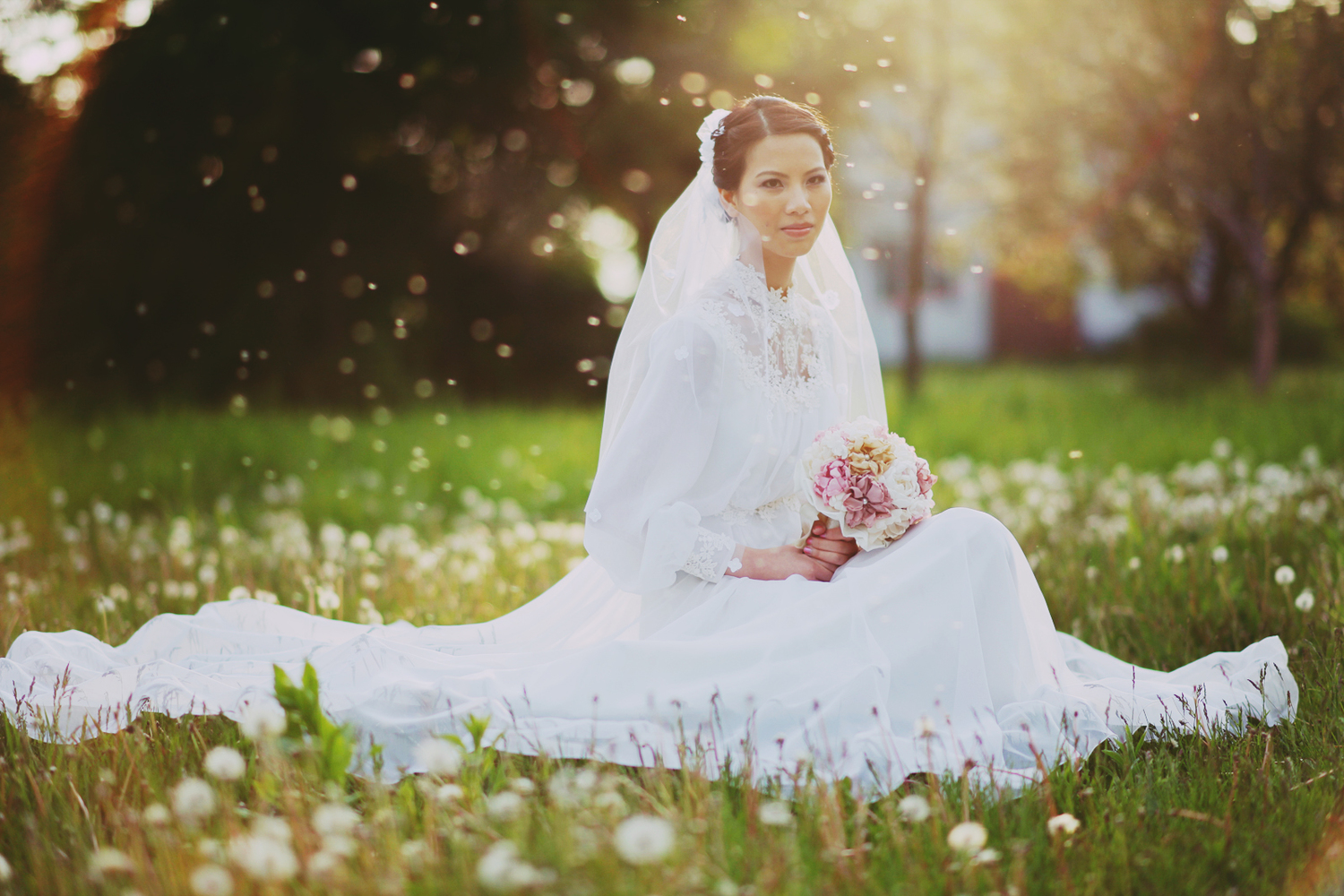10 Wedding Photography Tips for Beginners
Tips for Wedding Photography
Every wedding photographer started with their first wedding. They were doing beginner wedding photography and learning the business. From that, they continued to develop their portfolio, their eye and their strategy for shooting weddings. It often helps for people to break into the business by assisting other photographers and getting comfortable in the fast-paced wedding environment. However, some choose to dive in head first and just start shooting wedding photography.
Book Wedding Photography as a Beginner
Some couples are willing to work with beginner wedding photographers for a lower price. You can often find these kinds of listings on Craigslist, Facebook and other gig listing sites. Another option for beginner wedding photographers is to place your own ads out there letting people know that you're looking to start shooting weddings.
Always disclose to interested couples that this is your first or one of your first weddings. It's important that everyone is on the same page; their wedding is one of the biggest days of their lives and they should be as comfortable and in-the-know as possible.
10 Wedding Photography Tips for Beginners
1. Use a contract.
You should prepare a standard contract for both you and the couple to sign. This should state the date, price, number of hours, any logistics such as travel time and overtime, what will be delivered after the wedding day, when and how the payment(s) will be exchanged, and any other details that may be important to set in stone. Do not shoot a wedding without a signed contract.

2. It's the little things.
Capturing small details is just as important as the big moments. Having a second shooter is helpful for these shots, but if you're working solo as a beginner wedding photographer, ensure that you capture more than just the wow! moments. Close-ups of the rings, flowers, dress details–– it's all important.
3. Invest in a flash
Even if you primarily shoot natural light, investing in an off-body flash is an absolute must for any beginner wedding photographer. The flash on your camera is likely not going to be enough to be able to capture every moment perfectly. Indoor ceremonies and receptions, dark churches, rainy or cloudy days; you must get the shot, no matter the situation.
4. Ask for a shot list.
Ensure that the bride and groom give you a shot list of any relatives or friends that it is of absolute importance to get photos of. You don't want to miss the shot of grandma's smile enjoying her granddaughter's big day. Additionally, if you're getting goofy or candid group photos, make sure you have a set of posed ones with each group of individuals. Having backup is of the utmost importance.
5. Wear black, and comfortable shoes.
Fact: Anything you wear is going to reflect off the white of a wedding dress.
Wear black. Just do it.
You are going to be walking (and running) around a ton on this day. Wear comfortable, stylish shoes to ensure that you are working to the absolute best of your ability, and not distracted by the annoyance of painful footwear.
Side note: When I was a beginner wedding photographer, a fateful misunderstanding led to me showing up to a wedding in black and white polka dot pants. Thankfully, it was a cutesy vintage-y wedding where the bride absolutely loved them. I wouldn't recommend playing that game of roulette.
6. Ensure you are provided a schedule.
Make sure that the happy couple provides you with an itinerary of events before the wedding day. Knowing where you need to be, when you need to be there and when the next major event is will save you a lot of time and energy on the day of. Of course, not all weddings go exactly as scheduled, but still having an idea is helpful.
7. Pack snacks and water.
One of the hardest experiences I've ever had as a beginner wedding photographer was shooting a 10 hour wedding day when I didn't pack any snacks. Some couples will offer you a table placement, which is generous and thoughtful, but it's important to remember that you are there to work. Prepare not to be offered a seat, just in case, and pack some energizing snacks to keep you going through the day.
8. Be prepared with extras.
Extra batteries, extra memory cards, an assortment of lenses–– some photographers even shoot with a second camera body. Always be prepared for the absolute worst. If you can, back up your photos during a small break. Make sure you always have a back up plan in case things go awry. You can have more gear; they can't have another wedding.
9. Consult with the officiant.
Some ceremony venues or officiants don't allow photos to be taken in certain areas, or at certain times during the ceremony. Be sure to consult with them prior to the ceremony on any limitations you may face during the ceremony itself, so you (and the couple) aren't surprised.
10. Be covert, but don’t be shy.
Have fun, laugh, talk to people. You're capturing people you've only just met, and you need them to feel comfortable with you when you do it. Comfortable people make for authentic photos. You're there to work, but your job requires a lot of socializing.
Feeling ultra prepared to get started with wedding photography?
It's okay to feel nervous prior to your first couple of wedding gigs, but at the end of the day, we're all just trying to make the best experience possible for the bride and groom. Have you photographed weddings before? Let us know how you got started in the comments!

